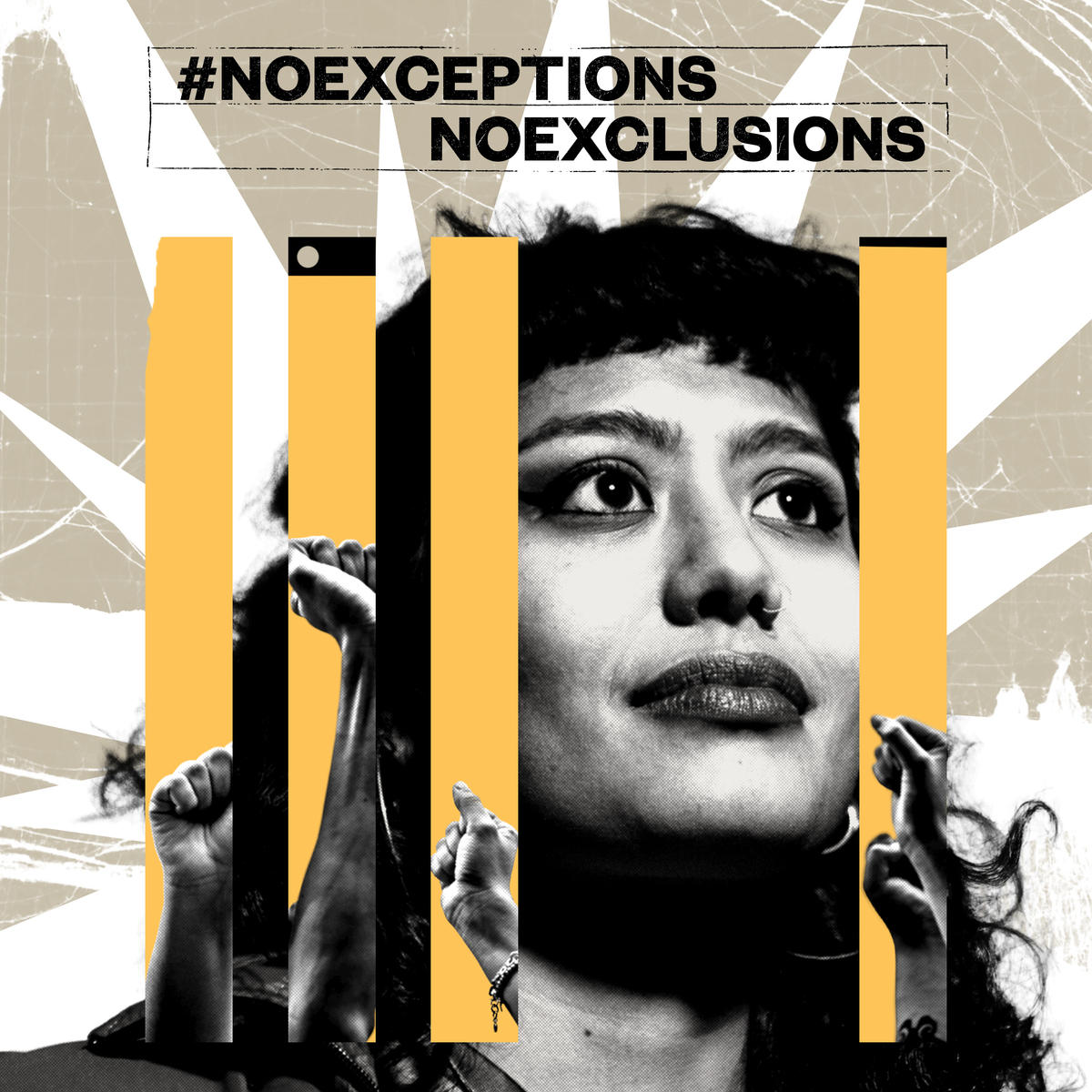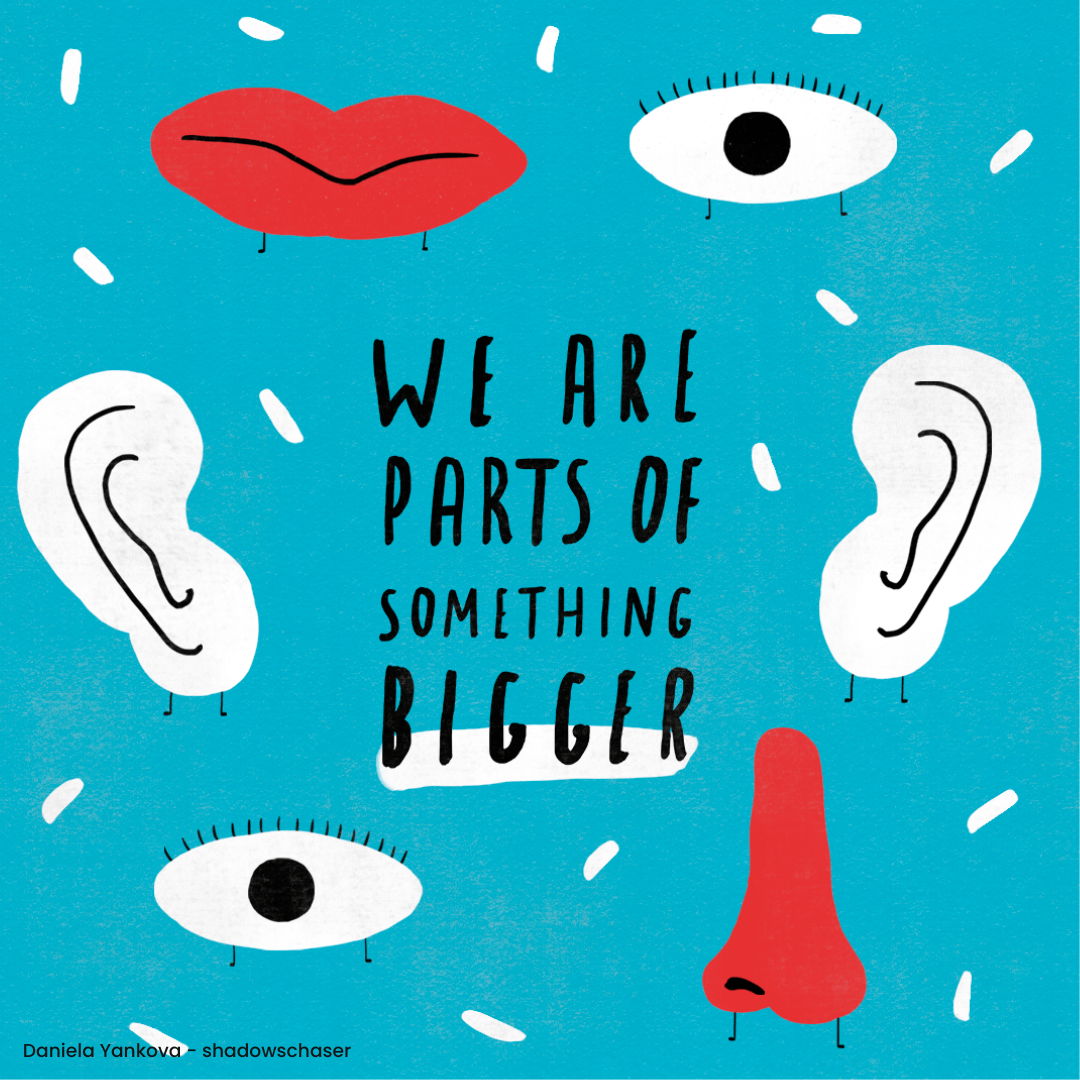By Kjersti Augland, Sex og Politikk (C2030E partner)
Wednesday 11 April, three days into this year’s Commission on Population and Development (CPD). The largest international normative process on sexual and reproductive health and rights (SRHR). Mixed feelings of hope and despair is how I can best summarise the situation. Yesterday, hopes were up for a smoother process than anticipated, taking into consideration that migration is one of the topics being discussed this year. Today, despair has replaced it. But together with the Countdown 2030 Europe network and the broader SRHR & family planning (FP) community, all working hard on giving constructive inputs to the negotiating states, we refuse to give in and are determined to see it through!
We need and believe an agreed conclusion of this year’s commission is possible. This will give states and the international SRHR and FP community a common ground for progressing in reaching sexual and reproductive health and rights for all. And it will be an important building block for next year’s ICPD+25 (International Conference on Population and Development) – marking 25 years since the historic Cairo Conference and Programme of Action.
This year’s CPD theme: Sustainable cities, human mobility and international migration, has turned the table in the negotiations for an agreed conclusion. It’s now Europe’s turn to be tough on protecting their own interests on migration and African and Latin American countries’ chance to ask for more inclusive language and stronger rights for migrants. To further complicate the situation, the negotiations of the Global Compact on Migration take place in parallel to CPD. And everyone is weary of not prejudging what will be the outcome of this process. Constantly, after every statement in the plenary session, the Chair reminded us of the importance of an outcome of this year’s CPD and encouraged the states to work together to achieve this.
Parallel to the negotiations a few side-events are hosted by states, the UN and civil society. The meeting hosted by South Africa and IPPF’s African Regional Office, on the role and contribution of CSOs in the advancement and implementation of the Addis Ababa Declaration on Population and Development, was an excellent showcase of what CPD is all about and how far we can get with strong collaboration between government and civil society.
Santos Simione, the Director of AMODEFA IPPF member association in Mozambique, shared his experience of the important role of civil society in providing evidence on SRHR. AMODEFA piloted a comprehensive sexuality education (CSE) project in a small village resulting in a decline in teenage pregnancy. By using this evidence, they convinced the government of the need for stronger CSE in Mozambique. This is now implemented in some schools. Santos is part of the Mozambique delegation to CPD for the second time.
That’s why I’m here on the delegation, because the government trust in us to add value to their work.
He is convinced that the way forward for both SRHR in Mozambique and the negotiations in New York is to bring in more civil society organisations, including progressive faith-based organisations, together with the government before CPD to discuss and build a common ground.
We must look at what we agree on, not only what divides us.
Sex og Politikk has invited three of our sister-organisations within IPPF to attend this year’s CPD. Thokozani Mbendera from FPAM Malawi, Ammal Awadallah from PFPPA from Palestine in addition to Santos Simione from AMODEFA. Ammal and Santos being part of their official delegations, while Thokozani is following closely through the civil society collaboration.
This is my first time attending. It has widened my understanding of CPD and made me realise the need for civil society to be more proactive towards the government in Malawi, says Thokozani Mbendera.
He emphasises the need for civil society to work closely with government well in advance, to make sure they are present and that they have a clear statement based on the actual situation in the country.
In Malawi, we are part of the key NGOs that are tracking the ICPD commitments. Participating here has also widened my understanding of the importance of this tracking.
Ammal Awadallah echoes Thokozani’s response that being at CPD has broaden her understanding.
This has been eye-opening for me. It’s the first time I’m participating in such an international event.
She also highlights the importance of working closely with the government before coming to New York to build a collaborative relationship and ensure their stand is reflected in CPD sessions particularly regarding SRH and reproductive rights.
We should continue to work and strengthen our participation in national committees, such as the SDG committee, and build our collaboration stronger to ensure our governments direct inputs and stands regarding SRHR are included.
Two more days and we will know the outcome of this year’s CPD. We are crossing fingers and legs for an agreed conclusion. Santos, Thoko, Ammal, myself and many more – will do everything in our power to make it happen. The roller-coaster is now showing hope; both for the job these last days, but not least for continued and strengthened efforts on securing sexual and reproductive health and rights in a joint effort with our governments when we return home at the end of the week.

Sex og Politikk with partners



